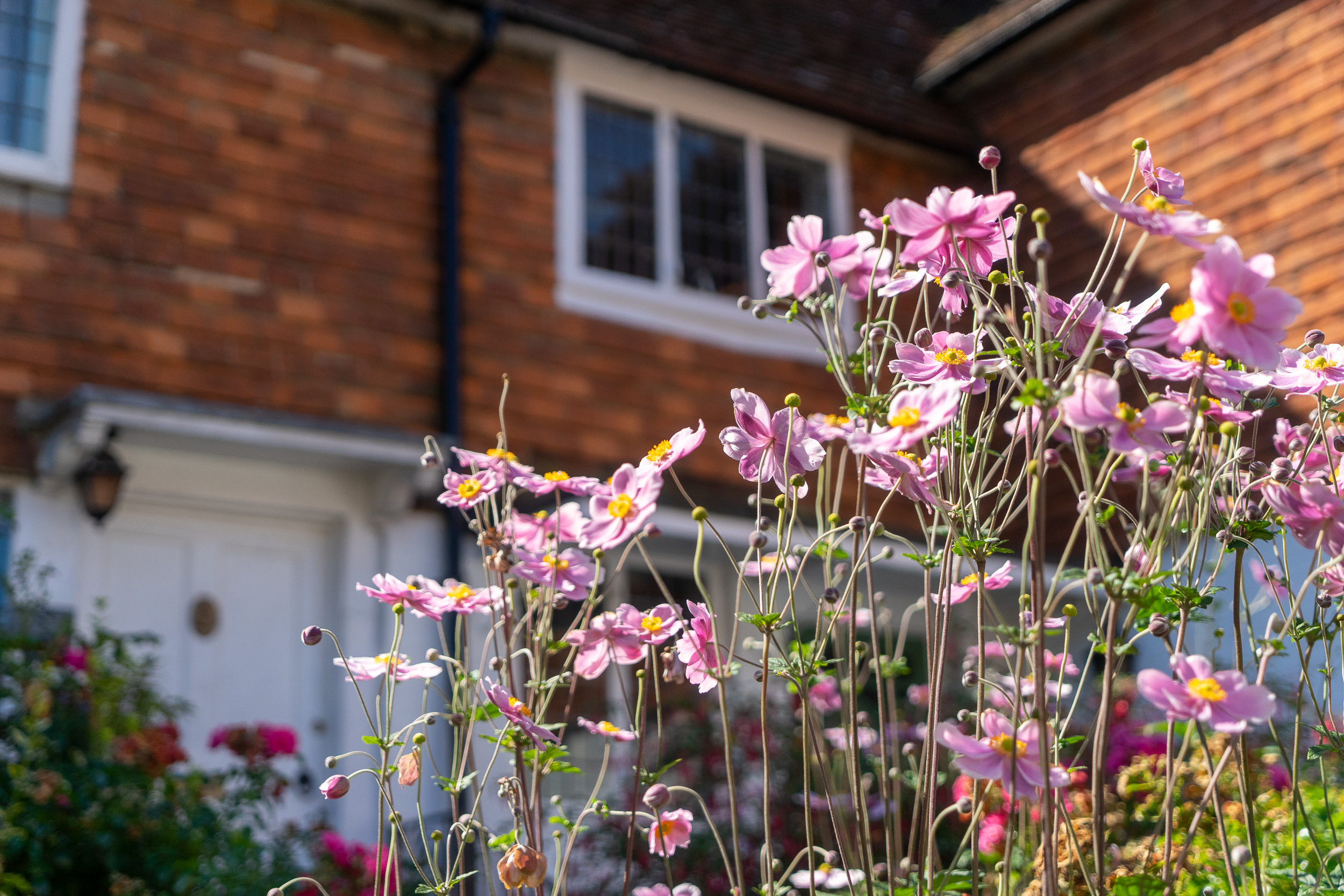When someone dies, if they own their own home this may be their most valuable asset. For those charged with administering the estate of the deceased person (the donor), dealing with a property during probate can have its complications.
Dee Benians, a private client solicitor at Hughes Solicitors in Heathfield, outlines the issues for executors in managing a property in probate and explains some of the possible pitfalls.
Many people will leave their home solely to their spouse. This makes the inheritance process much more straightforward because in such situations, depending upon how the nature of the joint ownership, probate may not be required; the spouse will continue to own the house and the executor need have little more involvement. Things get more complicated, however, if the house is left to other beneficiaries.
Security and insurance
As executor, you have a legal duty to ensure that any estate property is managed properly and that the best possible outcome has been reached to fulfil your obligations to all the beneficiaries under the will. If a probate process is required, you will have a responsibility to ensure that the property is insured, maintained and kept secure until it is passed as inheritance.
Valuations
One of your first tasks as an executor will be to have the donor’s property valued, partly so that you can work out how much tax might need to be paid to HMRC.
To avoid facing penalties from HMRC or legal action from beneficiaries, it is advisable to get the property formally valued by a professional surveyor who will produce an open market valuation of the property at the date of death.
Once you have a valuation and have filled out the necessary inheritance tax forms, you can then apply for a grant of probate.
Gift, trust or residual legacy?
It is important to adhere to the terms of the will when dealing with probate property, which may dictate that property is dealt with as:
- an outright gift – to a named individual or a charity;
- an option – for a named person to buy the property;
- part of the ‘residual legacy’ – in other words, what remains of the estate once tax, debts and other bequests have been paid. Often a property will need to be sold to ensure all the beneficiaries receive their fair share; or
- a lifetime trust – whereby a spouse is allowed to live in the property until their death and thereafter the property passes to the donor’s children (a common occurrence if the donor has remarried and has children from a previous relationship).
What if the property value goes up or down?
If you sell the property within four year’s of the donor’s death and the sale price is lower than the probate valuation you can a claim for a refund of any inheritance tax overpayment made to HMRC.
If you sell the property soon after probate is granted and you receive a higher amount than the initial valuation, HMRC might try to increase the inheritance tax liability and you may need to negotiate with the District Valuer. If HMRC choose to view the increase as a gain during the administration period, capital gains tax may be payable.
Can I make repairs?
If you need to sell the house to distribute the proceeds to the beneficiaries, you may need to make repairs to the property, which would be paid for out of the donor’s estate; this will, of course, reduce the amount that beneficiaries receive.
You are allowed to make repairs to the property to ensure that it is saleable and habitable, but you should ensure that any costs are reasonable and proportionate.
If the property is gifted to a specific beneficiary and the will is silent on who should pay for repairs etc, the beneficiary will usually be liable for costs relating to the inherited property between the date of the donor’s date of death and the assent of the property to the beneficiary (Re Rooke 1933). That beneficiary will also be entitled to all rents and earnings from the property from the date of the donor’s death.
How we can help
If you have been named as an executor to an estate that includes a property you should seek advice from one of our experienced wills and probate lawyers.
They will guide you through the probate process – explaining your rights and duties –advise you on valuations and inheritance tax obligations, and help you distribute the estate under the terms of the will and the law.
If you want to sell or rent the property, they can introduce you to our property lawyers who can see you through the conveyancing process from beginning to end.
This article is for general information purposes only and does not constitute legal or professional advice. Please note that the law may have changed since the date this article was published.


